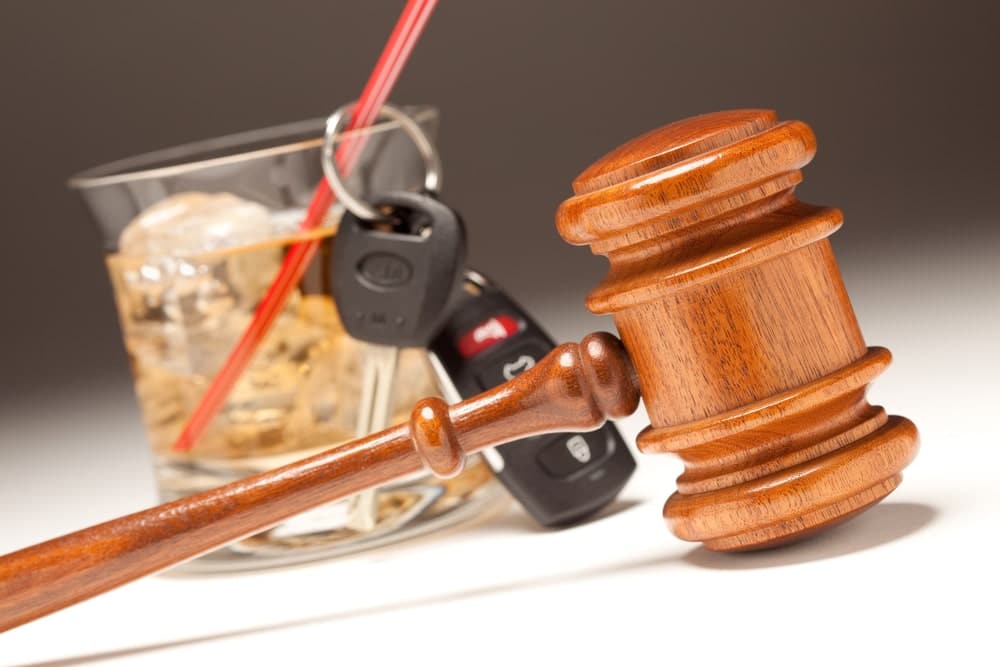Impaired Driving Over 80 Lawyers in Ottawa

If you are stopped in Ottawa and your blood alcohol concentration level (BAC) is over 80 milligrams of alcohol per 100 millilitres of blood, you will be charged with driving over the legal limit.
You might also be charged with impaired driving.
You may know this as “DUI” or “DWI” but these American terms are not used in Canadian law.
In Canada, it is commonly referred to as “Over 80” or “Over .08.”
As with DUI or DWI, driving over 80 is a serious criminal defence that can have devastating consequences for your future – even if it is your first offence.
However, why should you pay with your future for an honest mistake?
We provide experienced legal counsel if you are charged with driving over the legal limit and not sure where to turn for help.
We’ll help you understand your charge(s) and proceed with confidence that you can successfully defend your name.
Understanding a driving over 80 charge in Ottawa
Powerful Defence for Driving Over 80 Charges in Ottawa
The Criminal Code of Canada determines that is an offence to “operate a conveyance” with too much alcohol or drugs in your blood.
In reality, 99 percent of “conveyances” are motor vehicles.
The officer(s) who stop(s) you are able to check at the roadside for the presence of alcohol on your breath by administering a breathalyzer test. This can be requested even if there is no evidence of impaired driving. You can refuse this test, but your licence will be immediately suspended, your car impounded, and you will be treated as if you were driving over the limit.
However, to secure a conviction for this charge, the Crown prosecution must show that you were:
- Operating a conveyance (not necessarily driving); and
- At or over the legal limit (0.8)
While this may sound straightforward, multiple complexities are involved with such cases.
That’s why it’s so important to seek legal counsel from a lawyer experienced in defending driving 80 charges.
Penalties for a driving over 80 conviction in Ottawa
A conviction for driving over 80 affects you immediately and in the long term.
Various levels of penalty apply, according to your BAC level and whether it is your first conviction.
For a first conviction, you can expect:
- A fine of at least $1,000 (for BAC readings of 80mg-110mg)
- A fine of at least $1,500 (for BAC readings of 120mg-150mg)
- A fine of at least $2,000 (for BAC readings of 160mg or over)
You can also expect:
- A minimum one-year driving ban, with immediate eligibility for Ignition Interlock (blow box)
For second and third convictions, a jail sentence of 30-120 days is accompanied by a 2-3-year driving ban.
In the longer term, you will have to accept that you have a criminal record.
This can affect:
- Employment opportunities
- Ability to travel for you and your family
- Your immigration status (if you’re not a Canadian citizen)
- Future insurance premiums (once you can drive again)
How will we defend you?
While drunk driving is rightly treated as a serious offence in Ottawa, first-time offenders are often treated excessively harshly.
The potential punishments can create ongoing problems throughout their lives.
We will vigorously defend your rights and push for either case dismissal or acquittal at trial.
Beating the charge is possible with an effective defence and trial strategy – even in cases where the evidence against you seems overwhelming.
Our lawyers will carefully analyze the evidence against you and challenge aspects of the Crown prosecution evidence that seem weak.
Mistakes are often made by police officers when:
- Making the stop and arrest
- Following legal procedure when requesting a sample
- Administering the breathalyzer tests, and
- Justifying their interpretation of the law
You have constitutional rights to defend and are innocent until proven guilty. That means you have a chance.
A defence for driving over 80 can become very technical (for instance, it can be based on the technical aspects of the breathalyzer equipment that was used). So, it pays to have a lawyer well versed in such cases on your side.
We will look for weaknesses and inconsistencies in the evidence and hold prosecutors to the highest standards of conduct.
We only advise pleading guilty in exchange for a lesser sentence when it is an absolute last resort.
The goal is always to keep the long-term consequences to a minimum for clients.
Practice Areas
Get In Touch
Call, text, email, or chat. We answer 24/7 for emergencies.